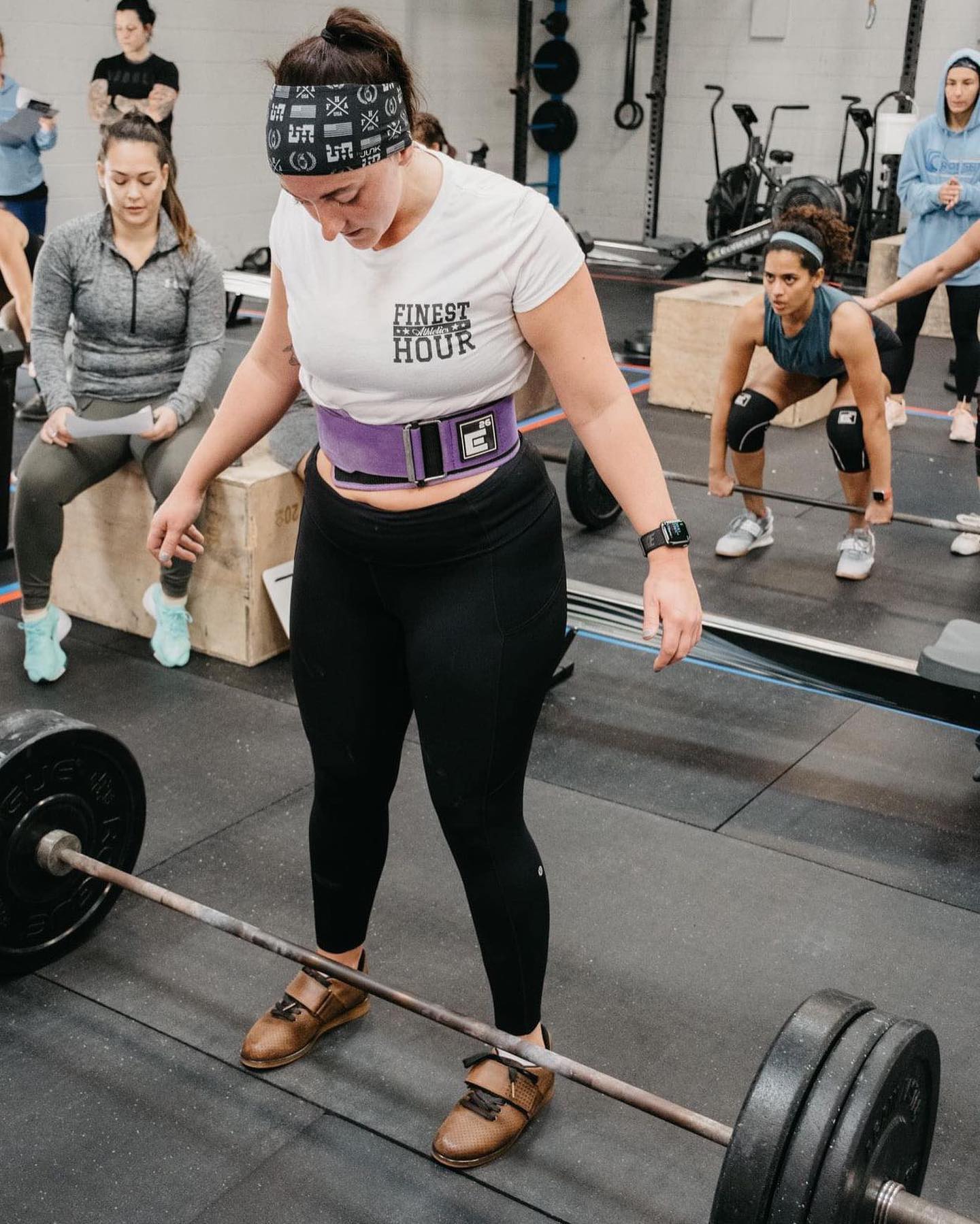Are Supplements Necessary for Athletic Performance & Recovery?
The 30 Billion Dollar Question.
Oh supplements, this may be one of the first things people start asking about upon starting a workout regimen. I know I did, and it is understandable. We all begin new routines with enthusiasm and want to do everything to begin seeing results, and quickly. Wouldn’t it be great if a powder or pill could do just that?! When discussing nutrition and supplementation whether it be for athletes, the recreational gym goer, or someone looking to improve their health I stand by my motto, food first. Supplements are meant to do just as their name suggests, supplement. I hate to break it to you Susan, but if your diet consists of Taco Bell, Doritos, and two Coca Cola’s a day, there is NO magical pill, green tea, or waist wrap out there to counteract that. Not only do those foods lack nutrients, but they are filled with saturated fats, added sugars, and high amounts of sodium. This unfortunately has become so common it has a label, it is known as the Standard American Diet, also known as SAD. Fitting, right?
The marketplace for dietary supplements is at a projected 30 billion in the United States. It was estimated that approximately 50% of the population reported using dietary supplements, with 40% of college students using protein supplements (Rosenbloom & Murray, 2015). What makes this statistic even more interesting? According to the 2018 Center for Disease Control, 35% of adults reported eating less than one serving of fruits daily, and 21% claim to eat less than one serving of vegetables daily (Center for Disease Control, 2018). While these numbers may or may not have a correlation to one another, as it could be the case that those who purchase these supplements are also the percentage of those consuming their fruits and vegetables. I cannot help but find the two statistics contradict themselves. People are willing to theoretically hand over half their pay check for powders and pills, but incorporating organic local fruits, vegetables, fish, and lean meats is “too expensive”? Something worth pondering.
I don’t want to say I am completely against taking supplements, or that they don’t have their time and place. What I AM asking is this, take a good look at your diet first. See what you could tweak and know where there may be things lacking. Many vitamins and minerals can be obtained from a well-balanced diet. Personally, I know I do not eat enough fatty fish to provide me with adequate Omega 3 Fatty Acids. Balancing Omega 3 and Omega 6’s Fatty Acids have their benefits. The Eicosapentaenoic acid (EPA) found in quality Omega 3’s has been shown in clinical trials to lower LDL’s, along with docosahexaenoic acid (DHA) which has been proven to optimize neurological functioning.
Vegetarians are another great example, because they do not eat meat, they should be supplementing with things such as B12 and Iron. There is a time and place for these things but obtaining them through our diets is best to allow absorption, to avoid excreting excess amounts (talk about literally throwing your money down the toilet) and prevent reaching toxic levels of any nutrient. Before contemplating supplementation ask yourself; am I obtaining an adequate number of calories to support my goals? More importantly, are those calories nutrient dense, and providing me with a balance of both macro and micronutrients?
A lot of focus is typically on macronutrients in the fitness industry. While a balance of these nutrients is critical for performance and recovery, micronutrients should not be ignored. The B vitamin family, for example plays a critical role in energy production and the repair of muscle tissue. Vitamin D provides us with adequate calcium absorption and thus provide us with good bone health. I have discussed in previous articles the critical role antioxidants play in preventing oxidative stress for athletes, the list goes on. I know I sound like a broken record, but these nutrients can all be obtained from lean protein sources, grains, fruits, vegetables, poly and monounsaturated fats, and low-fat dairy sources.
One supplement people frequently ask about pertaining to athletic performance is the supplement creatine. When we evaluate the utilization of supplements there are a few questions to ask; is it safe? Is it effective? Has it been third party tested? Creatine phosphate is a critical energy source for our body, one which our muscles do produce automatically. Creatine phosphate is the most prevalent high-energy phosphate in the body to produce ATP and is readily available during short bursts of very high intensity movements (Dunford & Doyle, 2016). The downfall to this, is the supply which our muscles produce is limited.
Ergogenic aids such as Creatine monohydrate have been proven safe and effective for many athletes pertaining to increases in strength, power and muscle utilization during activities which recruit this energy system such as weight lifting and sprints. Using this supplement for activities such as those involved in endurance workouts will have little value or improvement, as these involve the use of oxidative phosphorylation where the body relies on carbohydrates and fat oxidation for energy.
According to the National Institutes of Health Office of Dietary Supplements, Creatine is safe for healthy adults to take for several weeks or months. It also seems safe for long-term use over several years. Creatine usually causes some weight gain because it increases water retention. Rare individual reactions to creatine include some muscle stiffness and cramps as well as GI distress (NHIS, 2017).
Sports-medicine experts agree that creatine supplements can improve performance in activities that involve intense effort followed by short recovery periods. It can also be valuable in training for certain athletic competitions. In studies, people often took a loading dose of about 20 grams per day of creatine (in four equal portions) for 5 to 7 days and then 3 to 5 grams a day. Creatine monohydrate is the most widely used and studied form of creatine in supplements.
So, in summary everything has its time and place. If you feel as though you are obtaining adequate calories which support your energy needs and the food you consume contain a variety of nutrients but there are still areas which need improvement, utilizing supplements may be the next step. Just keep a few things in mind. There are many products out there of poor quality, which have not been proven safe or even effective, and again for final mention, could be obtained through much easier and affordable means.
________________________________________________
Mackenzie Davidson
- MS in Nutrition Education
- CrossFit Level 1
- NASM Certified Personal Trainer and Behavior Change Specialist
________________________________________________
References
Center for Disease Control and Prevention (2016). Rhode Island State Nutrition, Physical Activity and Obesity Profile. Division of Nutrition, Physical Activity and Obesity, National Center for Chronic Disease Prevention and Health Promotion. Atlanta, GA. Retrieved from: https://www.cdc.gov/nccdphp/dnpao/state-local-programs/profiles/rhode-island.html
Dunford, M., & Doyle, J. A. (2015). Nutrition for sport and exercise (3rd ed.). Stamford, CT: Cengage Learning.
National Institute of Health Office of Dietary Supplements. (2017). What are dietary supplements for exercise and athletic performance and what do they do? USA. Gov. Retrieved from https://ods.od.nih.gov/factsheets/ExerciseAndAthleticPerformance-Consumer/.
Rodriguez, N. R., DiMarco, N. M., Langley, S., Dietitians of Canada, American College of Sports Medicine: Nutrition and Athletic Performance, & American Dietetic Association. (2009). Position of the American Dietetic Association, Dietitians of Canada, and the American College of Sports Medicine: Nutrition and Athletic Performance. Journal of the American Dietetic Association, 109(3), 509-527. doi:10.1016/j.jada.2009.01.005.
Rosenbloom, C. PhD, RDN, CSSD, FAND & Murray, B., PhD, FACSM (2015). Nutrition Today. Wolters Kluwer Heath Inc. V. 50 (5) 240-246. DOI: 10.1097/NT.0000000000000122













